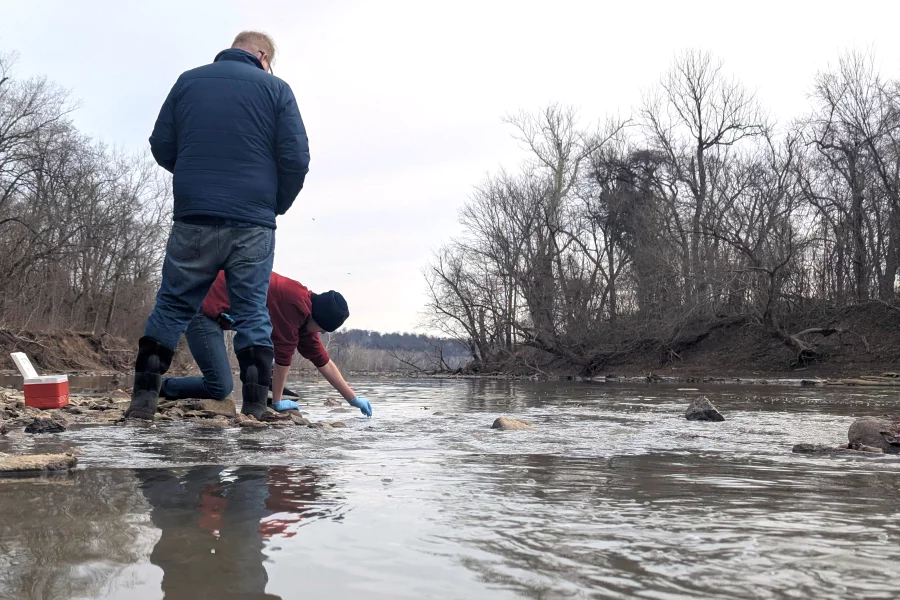The U.S. Environmental Protection Agency on Tuesday levied a $300,000 fine against a toxic waste dump near a Central California farming community plagued by birth defects for failing to properly manage carcinogenic polychlorinated biphenyls, or PCBs.
Waste Management Inc., which owns the facility about 3½ miles southwest of Kettleman City, in July was given 60 days to clean up PCB in soil adjacent to a building where extremely hazardous wastes are treated for disposal.
EPA tests showed PCB concentrations of up to 440 parts per million at the landfill, the largest hazardous waste facility in the Western United States and the only one in the state federally regulated to handle PCBs. Spills of PCBs at concentrations of 50 parts per million on concrete or soil constitute a violation of the Toxic Substances Control Act.
EPA investigators also found that a PCB container label and some materials containing PCBs did not display data required by federal law, and that the company had failed to decontaminate PCB handling areas before continued use.
In a statement, Jared Blumenfeld, the EPA’s Regional Administrator for the Pacific Southwest, said: “Companies charged with safely disposing of society’s most toxic materials need to faultlessly follow the protective laws established to secure both the public safety and public trust. Violations of federal environmental laws at the Kettleman hazardous waste facility are unacceptable.”





 In January, part of a decades-old sewer line in Maryland collapsed by the Potomac River. Over...
In January, part of a decades-old sewer line in Maryland collapsed by the Potomac River. Over...






























